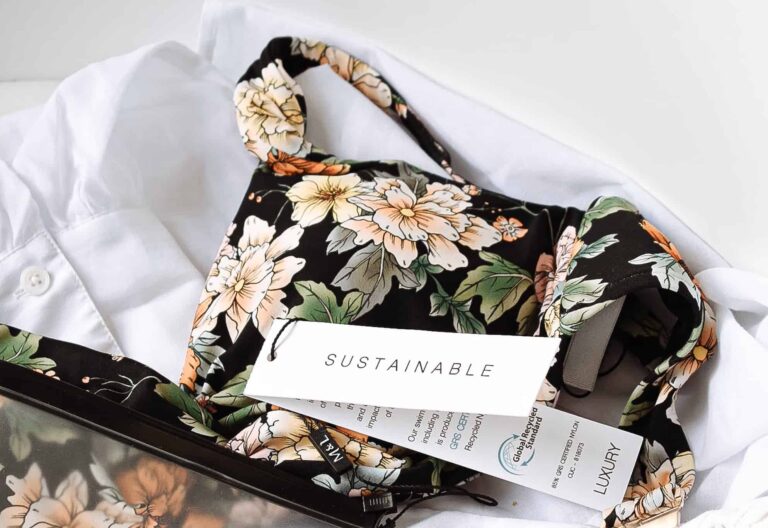‘Greenwashing’, for a company, means investing more capital in communicating green and environmentally sustainable practices than in the practices themselves, using them as a facade to increase profit.
In many countries, it is specifically stipulated as ‘misleading advertising’ and sanctioned.
Table of Contents
Companies and greenwashing practices, why it is profitable for them
Greenwashing turns out to be big business, fashionable and very profitable. Here is why:
- it costs less: investing 100K in advertising is cheaper than actually changing the production chain or disposal methods.
- consumers are now sensitive to environmental issues: generally, the average consumer, if he has to choose between a green purchase and one that is not declared green, he will almost always choose the former.
- declaring a green practice and consciousness sells more;
- in the absence of innovation in the product you sell or in your communication, it is easy to stand out from the competition by beating on eco-sustainability as a distinguishing feature. This does not have to be explained to the public and no one will really investigate.
Companies accused of greenwashing: some of the most famous cases
And here we come to a list of proven cases of greenwashing, some still in the market.
1. Wilkinson eco-green razors
Wilkinson presents its new razors in eco-sustainable, recycled, green packaging. On the new packaging camps green writing everywhere.
Only, the whole thing is to sell more disposable razors. The irony lies in the fact that Wilkinson is also the leading manufacturer of safety, long-lasting razors. So, it has objectively harmed the environment with the increase in throwaway razors instead of pushing truly eco-friendly products.
2. Colgate vegan smile for good
Colgate launched a toothpaste that contained no animal derivatives and with totally eco-sustainable packaging.
The problem is that it avoided even declaring itself cruelty-free, bringing to market a product that, masquerading as totally respectful of the animal kingdom, accepts testing practices on guinea pigs.
3. H&M conscious line
H&M launches this environmentally friendly line for a conscious, eco-conscious audience.
The only flaw: H&M is one of the most prolific producers of lines for all types of consumers. In the face of the line for the environmentally conscious, twenty more fast-fashions clothing lines come out each year.
4. Walmart
This is a real behemoth, so powerful and heavy that its impact on the environment is globally impactful. This gigantic supermarket reality is fined every time it declares green practices. Every slogan Walmart produces has to deal with fallout that is too extensive for any part of it to actually fall under green.
5. Coca Cola Park Lives initiative
Can Coca-Cola be satisfied with a leisure organizing program to proclaim itself a champion of the fight against obesity?
This is the role the leading multinational manufacturer and distributor of sweet soft drinks would like to identify itself with, namely with the Park Lives initiative launched in Britain. No mention that the excess sugar and fat in the American drink is one of the pillars of poor diet.
6. The Volkswagen case
The Volkswagen emissions scandal, also known as “Dieselgate” or “Emissiongate“, was a news episode involving the discovery of the falsification of emissions from Volkswagen Group diesel-powered cars sold in the United States of America and Europe.
Volkswagen has been falsifying data regarding emissions from its vehicles for years, all the while packaging commercials about protected forests and sustainable innovation to be offered on all channels.
Read also: LEED certification for green buildings: what is it and the requirements to obtain it












